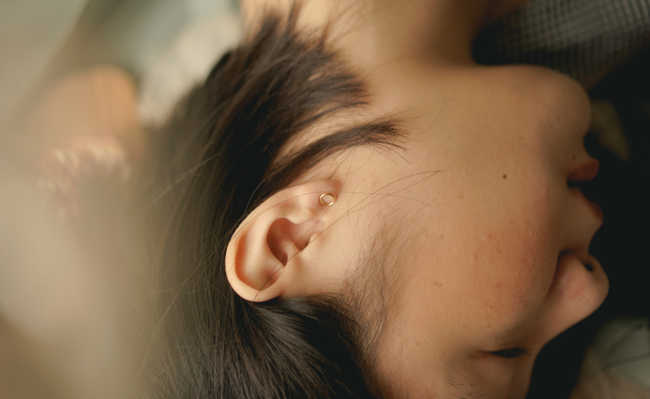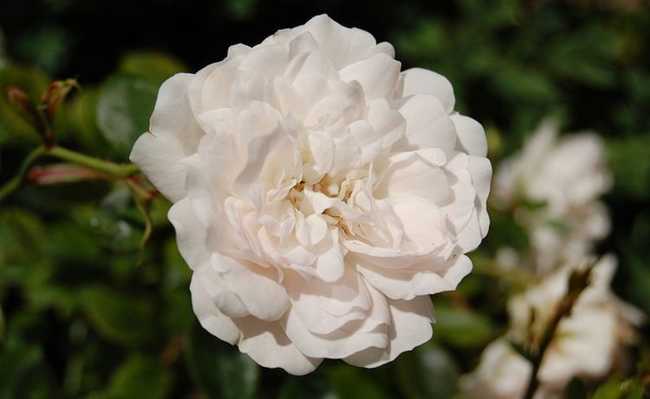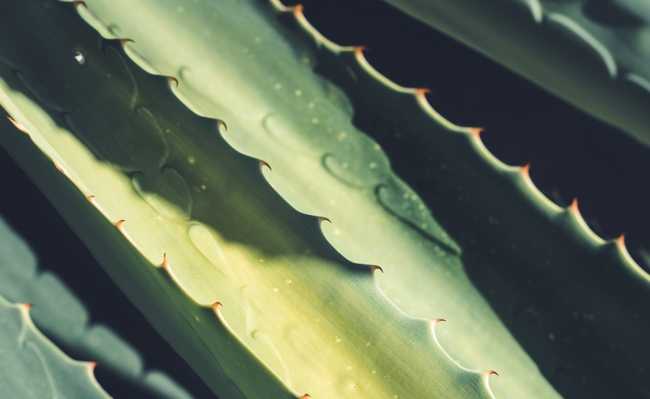Lavender aromatherapy has proven benefits
Lavender aromatherapy has a positive effect against anxiety, depression, insomnia, among other benefits

Edited and resized image by Marc-Olivier Jodoin, is available on Unsplash
Lavender aromatherapy is an ancient practice that has gained popularity today as well. Basically, it is made using lavender essential oil, a great alternative to use in aromatherapy with benefits proven by science.
According to the Brazilian Association of Complementary Medicine (ABMC), aromatherapy is a curative treatment that uses the smell and properties of essential oils. The etymology of the word refers to healing by smell. Aromatherapy is a natural, alternative, preventive and also curative medicine.
The name "lavender" derives from the Latin root “wash”, which literally means “to wash”. The earliest use of lavender dates back to ancient Egypt. There, lavender essential oil played a role in the mummification process.
- What are essential oils?
During later times, lavender became a bathing item in several regions, including Persia, ancient Greece, and Rome. People in these regions believed that lavender helped to purify the body and mind.
Since ancient times, lavender has been used to treat many different ailments, including:
- mental health problems
- Anxiety
- Insomnia
- Depression
- Headaches
- hair loss
- Nausea
- Acne
- Toothache
- Skin irritations
- Cancer
- Home-style and natural anxiety remedies
- Seasickness Remedy: 18 Home Style Tips
aromatherapy

Edited and resized image by Kelly Sikkema is available on Unsplash
- What is aromatherapy and what are its benefits?
Aromatherapy is the therapeutic area in which lavender and its essential oil are most used. Its fragrance is believed to help promote calm, well-being and reduce stress, anxiety and possibly even mild pain. A study of the Journal of Alternative and Complementary Medicine concluded that topical application of lavender, in addition to sage and rose, can reduce the severity of menstrual cramps.
- Salvia: what is it for, types and benefits
- Salvia officinalis: scientifically proven benefits
- What is sage-claria essential oil for?
- What is menstruation?
Reduces side effects of cancer treatment
According to the National Cancer Institute, aromatherapy with lavender essential oil can help patients manage the side effects of cancer treatment. Smell receptors send messages to the brain that can affect mood
improves sleep
Lavender is suitable for people who suffer from insomnia or other sleep disorders. Typically, you place branches of the flower or its essential oil on the pillowcase overnight.
- Insomnia: what is it, teas, remedies, causes and how to end it
- How to sleep fast with 13 tips
- Is Passion Flower Soothing? Understand
Aromatherapists use lavender essential oil to treat headaches, nervousness and restlessness. Massage therapists sometimes apply lavender essential oil to the skin, which can work both as a calming agent and a sleep aid. In Germany, lavender tea has been approved as a supplement to treat sleep disturbances, restlessness and stomach irritation.
- Discover 12 types of massage and their benefits
Good for skin and hair
Topical use of lavender essential oil can help treat a condition called aerated alopecia, which causes a person's hair to fall out. In a study, published in Archives of Dermatology, people who rubbed essential oils of lavender, thyme, rosemary and cedar in areas where hair had fallen out showed hair growth over seven months. However, there was no way for researchers to determine which oil was responsible.
When applied to the skin, lavender essential oil has shown positive results against eczema, acne, burns and diaper rash. One way to use it is to dilute it in coconut, sesame or grape seed oil.
- Coconut oil: benefits, what is it for and how to use it
Adapted from Healthline










